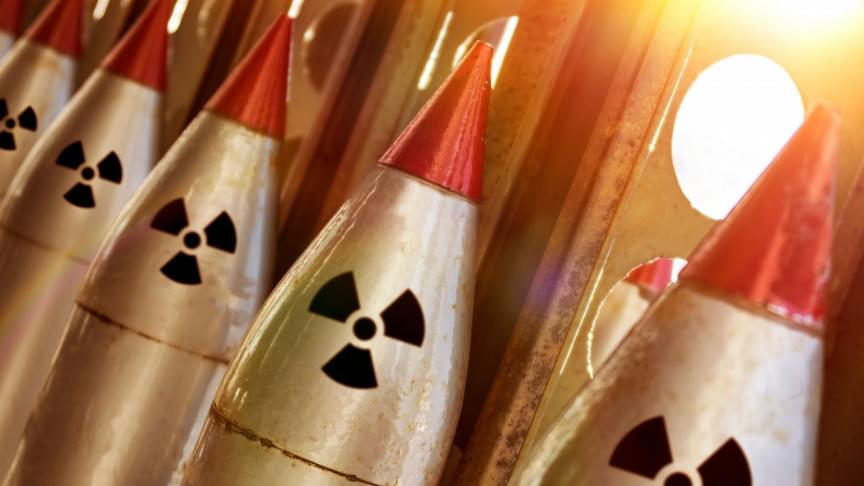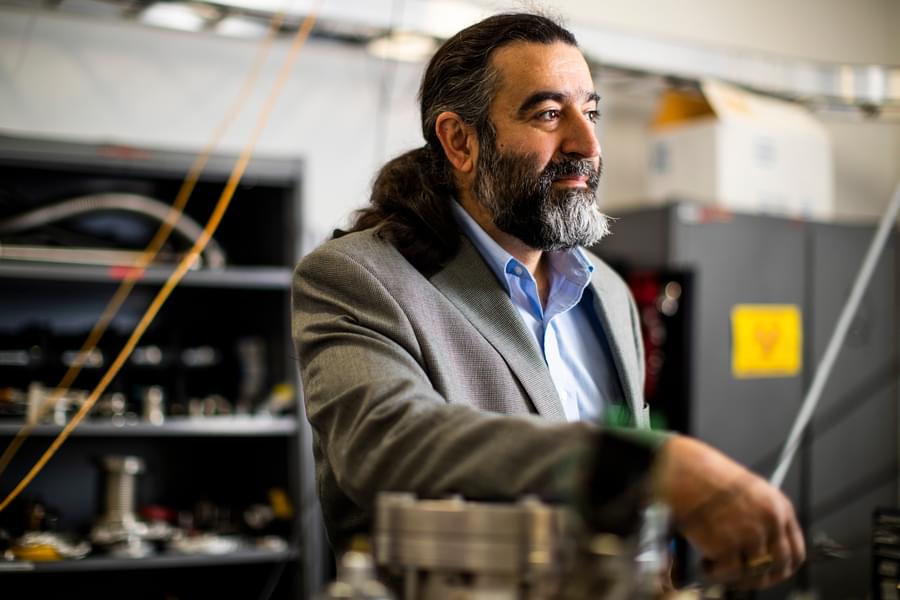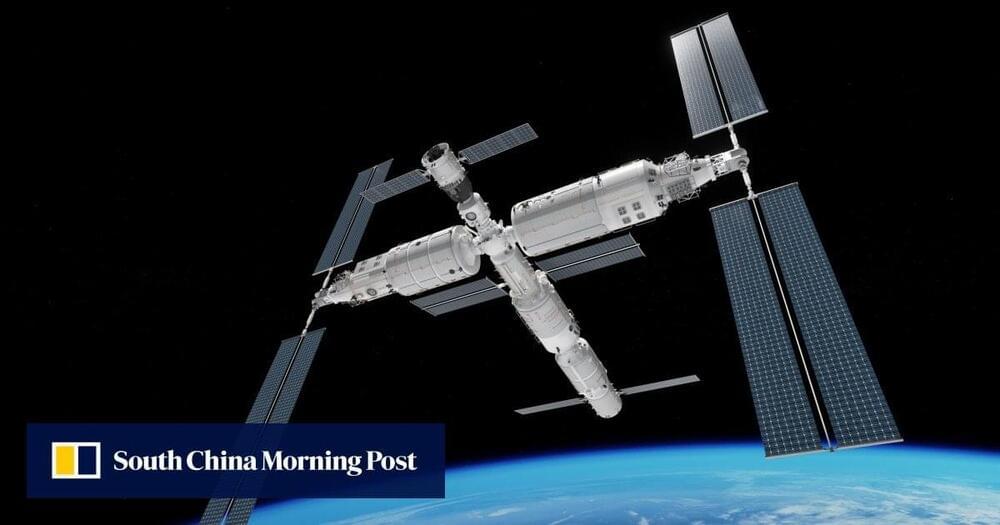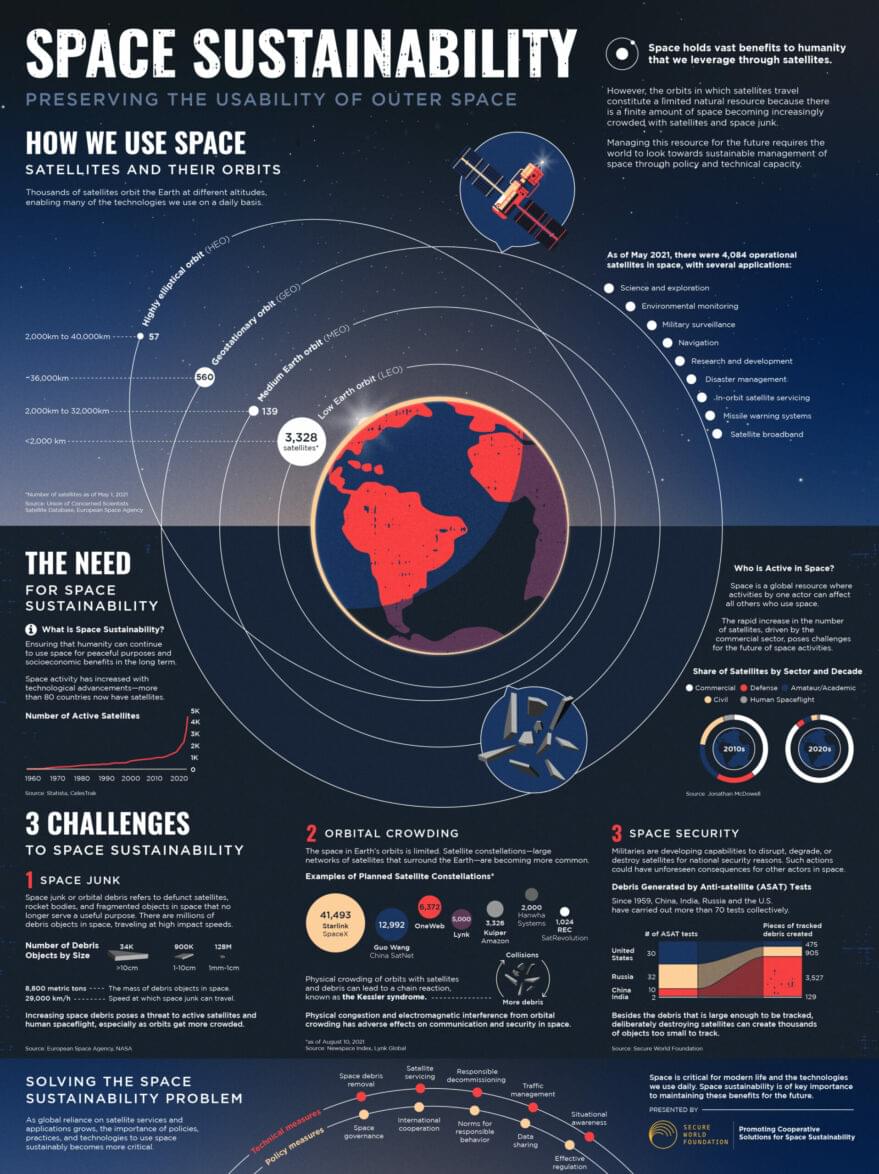We’re live now, on Space Renaissance YouTube channel, with Wes Faires, giving a lecture on space law:
The Working Group on Space Resources under the United Nations Committee on Peaceful Uses of Outer Space (UN COPUOS), presents an opportunity for a legally binding instrument to develop under the auspices of the United Nations Committee on Peaceful Uses of Outer Space (UNOOSA), and do so in a manner favorable to space resource utilization for the private sector. The intended result of the Working Group, as stated its 5 years workplan, is to conclude discussions on the development of space resources followed with possible adoption by the United Nations General Assembly as a dedicated resolution or other action. This presentation draws a parallel to a similar scenario with regard to the United Nations Convention on the Law of the Sea (UNCLOS), where a working group on Deep Sea-Bed resources, executed via specific legal channels within the United Nations, led to a legally binding instrument: The 1994 Agreement on Implementation, resulting in a modification of the international framework governing ocean floor minerals.
The avenue utilized for the execution of the 1994 Agreement on Implementation for UNCLOS provides a course for legally binding instrument to develop via the Working Group on Space Resources. Such an instrument could serve to interpret and elaborate on ambiguities within the Outer Space Treaty framework, while avoiding any parallels to the commercially harmful aspects of the top-down governance structure embedded within the International Seabed Authority.
A short bio.
Charles Wesley Faires made his first entry into the archives of claims to property in Outer Space during college in 2003 when he recorded a 4 page Affidavit claiming ownership to the three stars of Orion’s Belt. In 2006, after graduating with a B.S. in Communications, he made the decision to use this project as a tool obtain an answer from an official source on the legality of off-planet property claims under the Outer Space Treaty once and for all. A formal letter campaign pinpointed the competent authorities for such matters within the U.S. State Department and the United Nations Office of Outer Space Affairs. He made the decision to take the issue of formal confirmation on the compliance or violation of his Claim of Ownership to Orion’s Belt directly to the source of space law which would require participation in the U.N. Committee of Peaceful Uses of Outer Space (UNVIENNA) – as a private citizen. While at the proceedings, he approached the competent US authorities simply asking whether the claim, in and of itself, executed by a “natural person” stood in violation of the Outer Space Treaty – in the view of the competent authority on behalf of the U.S., there was no violation. This paved the way for formal confirmation that nothing in the underlying documents is prohibited by domestic or treaty law, clearing it for international legal use. Condoleezza Rice’s signature upon a Claim of Ownership to the 3 stars of Orion’s Belt *executed after contact with the competent authority for space/treaty affairs* in November 2008 was the first formal confirmation on behalf of a State Party that private property rights were not patently unlawful under the Outer Space Treaty. He has obtained multiple reaffirmations upon various such claims under the past 3 secretaries of state and is now looking to gain similar confirmation outside the U.S.







